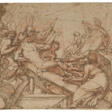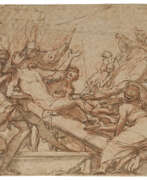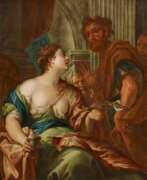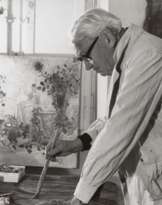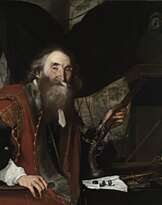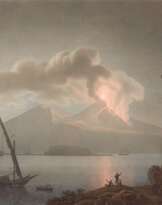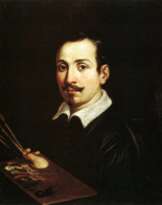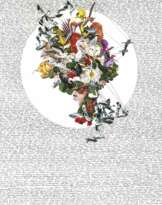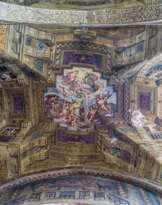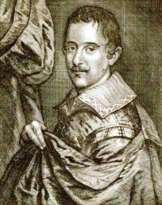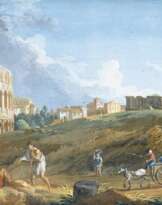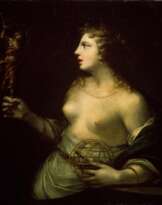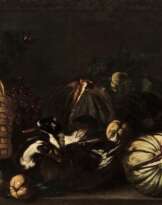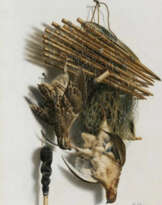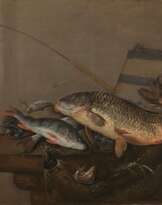Antonio Molinari (1655 - 1704)
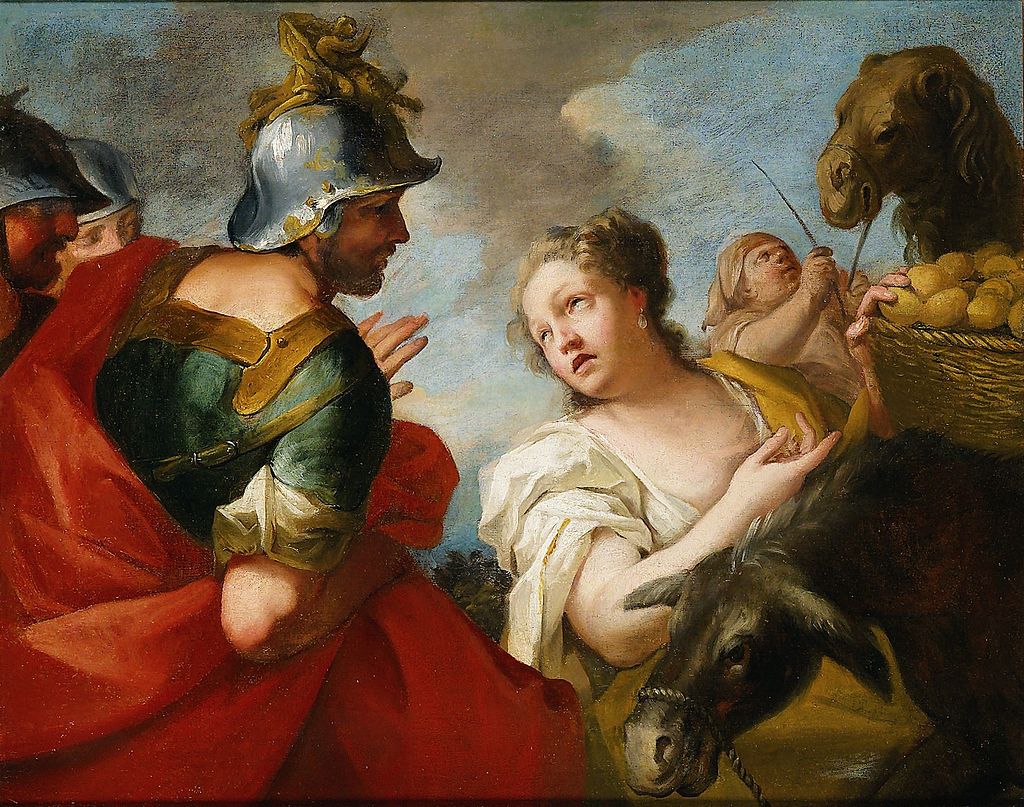
Antonio Molinari
Antonio Molinari, an Italian painter, was a prominent figure in the Venetian Baroque movement. Molinari was celebrated for his dynamic and dramatic renditions of religious and mythological scenes, often characterized by their emotional intensity and vibrant color palette. His training under Antonio Zanchi in Venice and the influence of Neapolitan artists like Luca Giordano significantly shaped his artistic style, which blended Neapolitan naturalism with classic Venetian colorism.
Antonio Molinari's work is known for its tumultuous narratives, as seen in pieces like "The Adoration of the Golden Calf" housed in the Hermitage Museum and "The Boy Moses Stepping on Pharaoh's Crown" at the Museum Kunstpalast. His ability to convey complex stories through his art has left a lasting impact on the Baroque genre, influencing subsequent artists, including his pupil Giovanni Battista Piazzetta.
For art collectors and aficionados, Antonio Molinari's oeuvre offers a deep dive into the Baroque's rich narrative and aesthetic qualities, making his works coveted pieces in the realm of art and antiquities. His contributions to the Venetian Baroque movement remain significant, illustrating the vibrant cultural and artistic history of the period.
To stay updated on Antonio Molinari's artworks and related auction events, subscribing for updates is recommended for enthusiasts keen on acquiring or learning more about his influential pieces. This subscription ensures that collectors and art lovers are promptly informed about new sales and auction events related to Molinari's works, enriching their appreciation and understanding of this pivotal artist's legacy.
| Date and place of birt: | 21 january 1655, Venice, Italy |
|---|---|
| Date and place of death: | 3 february 1704, Venice, Italy |
| Nationality: | Italy |
| Period of activity: | XVII, XVIII century |
| Specialization: | Artist, Graphic artist, Painter, Portraitist |
| Genre: | Mythological painting, Portrait, Religious genre |
| Art style: | Baroque |
